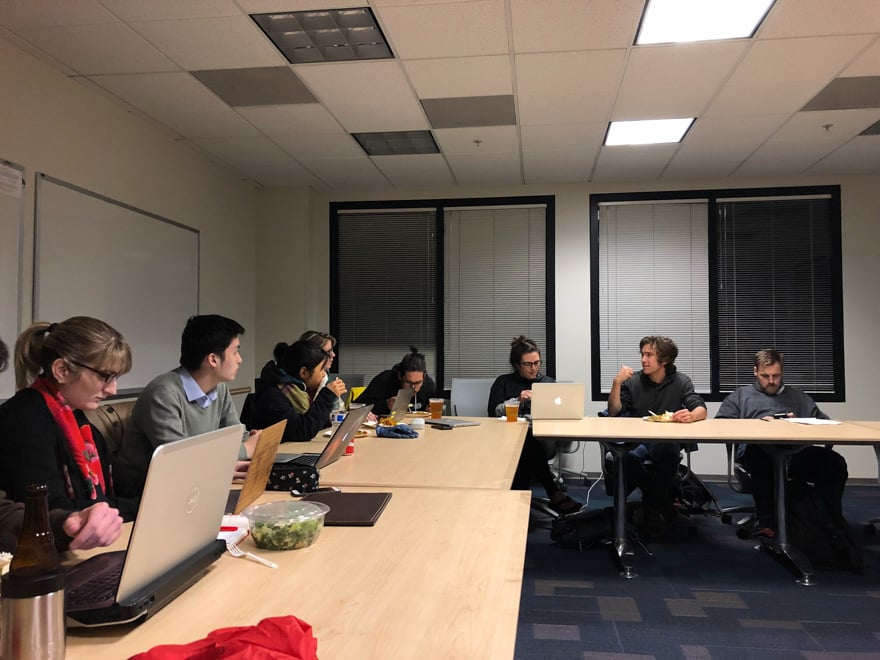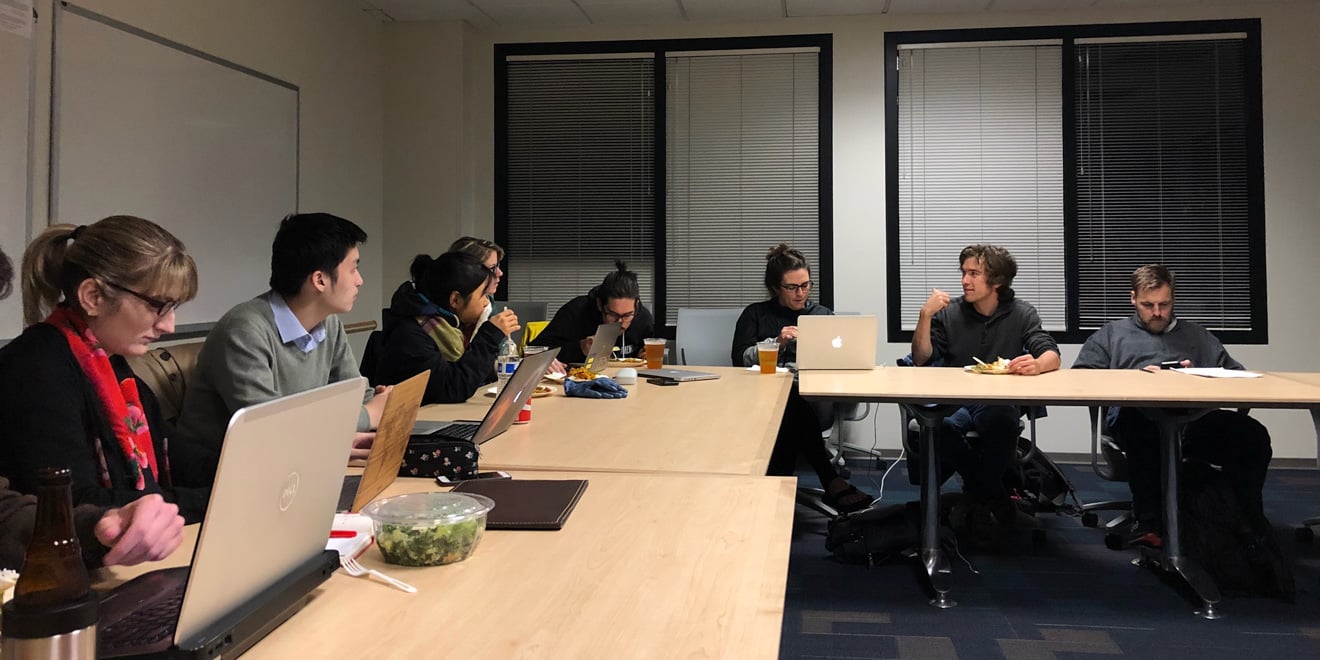
During Wednesday night’s meeting, the Graduate Student Council (GSC) decided to defer its response to an environmental impact report on Stanford’s General Use Permit (GUP) and voted to merge a new GSC advocacy committee with the existing Diversity Advocacy Committee.
The GSC debated whether to express support for a letter regarding Stanford’s application for a new GUP, which will govern the University’s land use through 2035. Put forth by Dan Sakaguchi ’16 of the Stanford Coalition for Planning an Equitable 2035 (Scope 2035) and PhD candidate Forest Peterson, the letter to Santa Clara County would include comments on the accuracy of statements and data in the approximately 5,000-page Draft Environmental Impact Report drawn up by the County.
The public review period for the Draft EIR is set to end on Feb. 2, after which the County will no longer be obligated to respond to further comments, and points brought up in further comments will not be litigable. In anticipation of the deadline, Sakaguchi and Peterson brought the letter to the GSC to garner its official support.
However, the GSC chose to defer its response to the letter as it was not officially submitted to the meeting and could not be placed on previous notice for voting next week as a result.
Council members would have had to suspend GSC bylaws in order to be able to vote on the letter before the Feb. 2 deadline. Since not all parties were present at the meeting, certain council members were also hesitant to express their support.
Social Chair Gabby Badica said that she is “personally unwilling to sign anything until [she hears] from both sides,” as representatives from Stanford’s Land, Buildings & Real Estate division did not attend the meeting.
Badica added that the Feb. 2 deadline may not be as urgent as it seems, as the County has a group of staff members whose main task is to respond to comments. In reply, Sakaguchi remarked that a simple “noted” from the County would have qualified as a response.
Eventually, the GSC decided to close discussion on the issue temporarily, deferring a possible vote on the letter to next week.
“It is important to rally behind certain values in this entire thing,” Sakaguchi said, commenting on the GSC’s decision. “The difficult part when you have a thing as large as Stanford growing for the next 20 years [is that] there’s no one person who can comprehend what that really means.”
Peterson added that “[the letter] is our one ticket that we’ve got, where basically the people who live in the community get to say something, but it’s a very limited voice still.”
The GSC also passed a bill that will merge a potential GSC advocacy committee with the existing Diversity Advocacy Committee (DAC), which will reapportion funding initially marked for the advocacy committee to the DAC. In addition, DAC representatives will now appear in more University committees in place of the GSC chairs who are currently attending them.
Kari Barclay, a second-year Ph.D. candidate in theater and performance studies who led the planning for the new committee, added that the new DAC will also have increased responsibility for coordinating policy priorities for graduate students. The new duties will allow GSC to have an “agenda” and participate in conversations on advocacy issues, Barclay said.
The GSC also announced graduate student events in the coming weeks, including speed-friending sessions hosted by the Stanford Alumni Association on Jan. 30, Electrical Engineering Prom on Feb. 2 and the Grad Valentine’s Day Party on Feb. 9.
Contact Sean Chen at kxsean ‘at’ stanford.edu.
